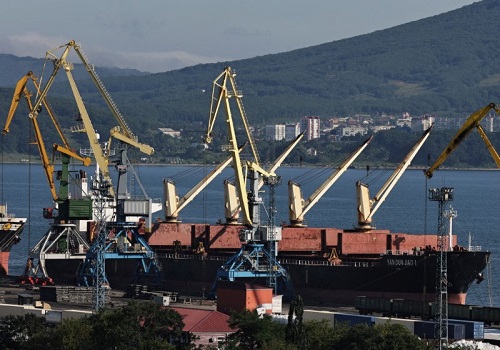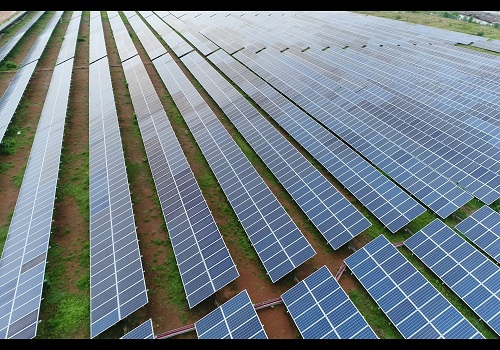Oil falls as China`s economic recovery disappoints, dollar strengthens

Oil fell more than $1 on Wednesday as economic growth in China, the world's second-largest crude user, slightly missed expectations, raising concerns about future demand, while U.S. dollar strength dented investor's risk appetite.
Brent crude futures fell $1.19, or 1.5%, to $77.10 per barrel by 0902 GMT. U.S. West Texas Intermediate crude futures (WTI) were down $1.21, or 1.7%, at $71.19.
Even the ongoing naval and air conflicts in the Red Sea have not been enough to support oil, despite increased concerns about tankers having to pause or reroute, increasing shipping costs and slowing deliveries.
China's economy in the fourth quarter expanded by 5.2% year on year, missing analysts expectations and calling into question forecasts that see Chinese demand fuelling 2024 global oil growth.
The economic data "doesn't end the headwinds over crude oil demand, the Chinese outlook for 2024 and 2025 is still bleak," said Priyanka Sachdeva, senior market analyst at Phillip Nova.
"(The) oil industry was backing the notion that despite a bumpy recovery, oil demand from China has been resilient and will likely reach record levels in 2024."
Still, China's oil refinery throughput in 2023 rose 9.3% to a record high, indicating elevated demand even if it lagged some analysts' expectations.
Other signs of steady Chinese demand have also appeared.
Additionally, the U.S. dollar hovered near a one-month high on Wednesday after comments from U.S. Federal Reserve officials lowered expectations for aggressive interest rate cuts. A stronger dollar reduces demand for dollar-denominated oil from buyers using other currencies.
"Higher rates can lead to a weaker outlook for oil demand as economic activity tends to cool in a high interest rate environment, leaving oil prices vulnerable," Sachdeva said.
In the Red Sea, tensions remained high as the U.S. on Tuesday mounted fresh strikes against Iran-aligned Houthi militants in Yemen after a Houthi missile hit a Greek vessel.
"While oil benchmarks may not reflect the Red Sea attacks, the realised price for oil and oil products for consumers has increased given the disruption to trade flows through the Red Sea and Suez Canal," Vivek Dhar, mining and energy commodities strategist at the Commonwealth Bank of Australia, wrote in a note.
























